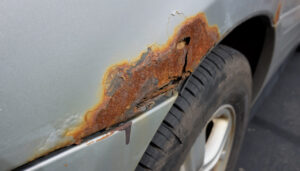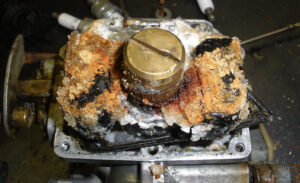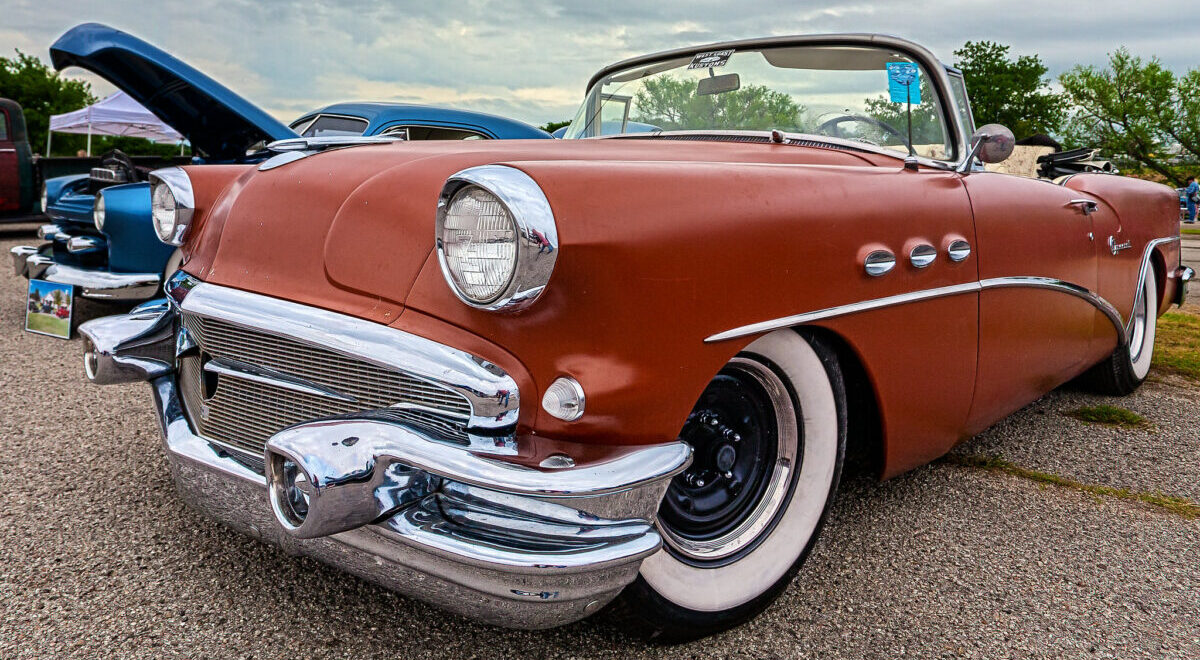1. Common problems with classic cars and how to prevent them
2. Rust and corrosion
3. No longer available (NLA) parts
4. Fuel system complications
5. Brake system wear
6. Cooling system issues
7. Conclusion
Common problems with classic cars and how to prevent them
Owning a classic car is a unique and rewarding journey that connects you with automotive history and the craftsmanship of a bygone era. These cars often carry sentimental value, whether due to family history or their iconic designs, making them a special addition to any collection. However, along with the joy of owning a classic comes a range of challenges. Vintage vehicles require ongoing maintenance, as parts are more prone to wear and tear and may not always be easy to find. Regular care, proactive repairs, and understanding each car’s quirks are essential for keeping your classic car in top shape and ensuring it’s road-ready.
Rust and corrosion

Classic cars, especially those built before advancements in rustproofing, are highly susceptible to corrosion. Rust can affect everything from the frame to the body panels. Preventive measures include storing the car in a dry, climate-controlled garage, regular cleaning, and applying rust-proof coatings. Inspecting and treating minor rust spots early can prevent larger structural damage.
No longer available (NLA) parts
One of the most significant challenges classic car enthusiasts face is the issue of No Longer Available (NLA) parts. As manufacturers discontinue production of specific components for older models, sourcing authentic and reliable parts becomes increasingly difficult. Fortunately, at OctoClassic, we specialize in addressing this exact issue. Our expertise lies in crafting high-quality reproduction parts for classic cars, ensuring that your vehicle remains roadworthy without sacrificing its original character. Don’t let NLA parts stall your passion for classic cars. Explore our extensive catalog or contact us for bespoke solutions tailored to your specific needs.
Fuel system complications

Many classic cars were manufactured before ethanol-blended fuels became widespread, meaning their original fuel systems were not designed to handle ethanol’s effects. Ethanol attracts moisture, which can lead to corrosion and degradation of older rubber and plastic parts, causing leaks, blockages, and even damage to the carburetor. To protect your classic, look for ethanol-free fuel whenever possible or consider upgrading fuel lines, gaskets, and carburetor components to ethanol-resistant materials. Additionally, regularly cleaning and rebuilding the carburetor will prevent residue buildup and ensure consistent fuel flow, maintaining engine performance.
Brake system wear
Brake systems in classic cars often have basic components that, while functional, were not built to meet modern durability and safety standards. Over the years, parts like brake lines, hoses, and seals become brittle or leak, reducing braking efficiency and potentially compromising safety. Conducting regular inspections is essential to catch these issues early. Changing the brake fluid annually helps prevent corrosion and maintains pressure in the system. Investing in high-quality replacement parts—such as stainless steel brake lines or updated drum or disc systems—can greatly improve braking reliability and longevity, keeping your classic safe and responsive.
Cooling system issues
Overheating can be especially troublesome for classic cars, where components like radiators, hoses, and thermostats are often less efficient due to age. In warmer climates, the risk increases as older engines may struggle to stay cool. Regularly flushing the radiator can help remove buildup that impedes cooling, while checking hoses and clamps for leaks ensures that coolant flows freely. Upgrading to a high-performance radiator or electric fan is another valuable step, as these modern solutions can significantly boost airflow and cooling efficiency, preventing strain on the engine.
Conclusion
Maintaining a classic car is an investment that goes beyond mere upkeep—it’s about preserving a piece of history and embracing a hands-on approach to car ownership. By actively monitoring and addressing potential issues, you not only keep the car running but also safeguard its original charm and value. Proactive care, such as sourcing authentic parts, researching specialized maintenance techniques, and connecting with knowledgeable mechanics, can make a significant difference. This commitment ensures that your classic car remains reliable and enjoyable, providing a lasting, rewarding experience with each drive.
Are you already a proud owner of a classic car? If so, check out our selection of parts for this car at the following link:
https://octoclassic.com/
Photos sources: thenewswheel.com, sportscarcentre.ca, speedwaymedia.com










